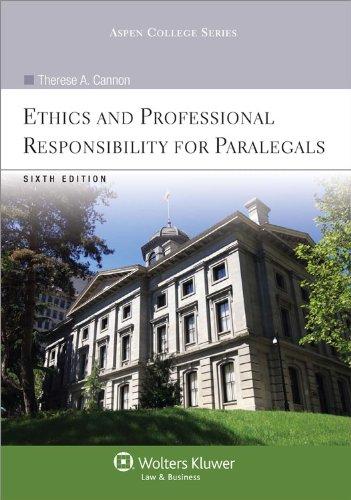This case comes before us on appeal by the defendants from a judgment entered in the Superior
Question:
This case comes before us on appeal by the defendants from a judgment entered in the Superior Court declaring portions of two statutes enacted by the General Assembly (citations omitted) unconstitutional as violative of this court’s exclusive power to regulate the practice of law.
We reverse. . .
At its 1985 session the General Assembly enacted a set of comprehensive statutory provisions that created a Department of Workers’
Compensation. . . .
The General Assembly, in attempting to implement the scheme of establishing informal hearings within the department as an initial procedure to supplement the formal hearings before the Workers’ Compensation Commission, created an office of employee assistants. The function and purpose of these employee assistants are set forth in §42-94-5 as follows:
The director of the department of workers’ compensation shall provide adequate funding for an office of employee assistants and shall, subject to the personnel law, appoint the assistants to the staff of the department.
Assistants should, at a minimum, demonstrate a level of expertise roughly equivalent to that of insurance claims analysts or adjusters. The purpose of employee assistants shall be to provide advice and assistance to employees under the workers’ compensation act and particularly to assist employees in preparing for and assisting at informal conferences under §28-33-1.1. . . .
In the course of proceedings in the Superior Court, evidence was adduced concerning regulations of the Department of Workers’ Compensation and also a position description filed in the department of personnel which defined the duties of employee assistants as follows:
To provide technical advice and assistance to various parties involving their rights and obligations under the Workers’ Compensation Act.
To assist the injured employee in preparation for and at informal Workers’ Compensation hearings, and to help in providing the necessary documentation at said hearings.
To provide both routine and technical advice and/or information to the general public regarding rights and responsibilities under the Workers’
Compensation Act.
To attempt to settle disputes between injured workers, insurance companies, employers, purveyors of services, and any other interested parties prior to an informal hearing.
To conduct in person interviews; both in office and field.
To gather and prepare information necessary for use at informal hearings.
To do related work as required.
At the conclusion of the presentation of evidence and argument in the Superior Court, the trial justice.......
Questions about the Case 1. How did the Rhode Island Supreme Court come to hear this case?
What was the lower court’s ruling?
2. What system did the Workers’ Compensation statute establish that was objectionable to the lower court?
3. Examine the definitions of the practice of law in Chapter 3 and evaluate whether employee assistants functioning under the authority of this statute would be engaging in the ‘‘practice of law.’’
4. What are the reasons that this court decided to endorse the legislation?
Are these good reasons? Why was the outcome different from that in Bennion, above?
5. What does the court say about other inroads into the practice of law by nonlawyers? Is this important to the court’s ruling?
6. Does the court abdicate its exclusive authority over the practice of law?
Step by Step Answer:

Ethics And Professional Responsibility For Paralegals
ISBN: 272860
6th Edition
Authors: Therese A. Cannon





